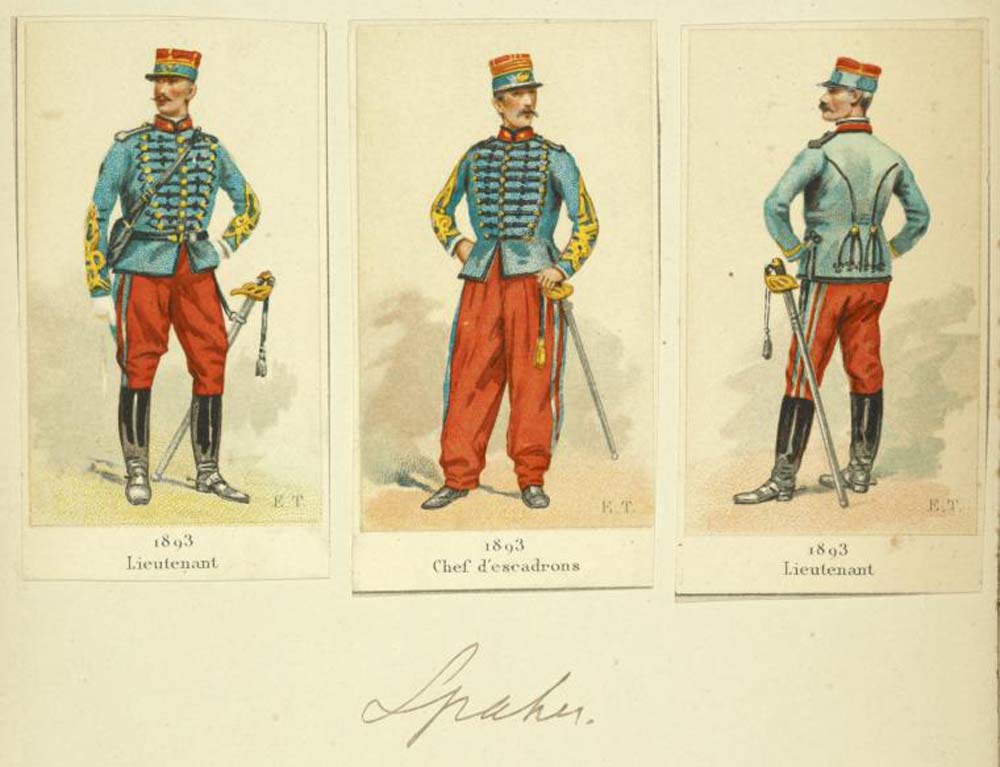
By Michaela M. McGuire
When I first heard the acronym BIPOC, my stomach tightened and I immediately felt resistance. It was a gut reaction at having my identities seemingly collapsed into an acronym.
Exploring this discomfort, I read an article by American author Kearie Daniel. She shared similar unease from her perspective as a Black woman. Reading Daniel’s words, I knew I was not alone in my reaction to the abbreviation.
BIPOC is an acronym for “Black, Indigenous and People of Color,” and has become increasingly popular in recent years. The acronym came about as a way to address the erasure of Black and Indigenous Peoples and center their unique struggles while promoting solidarity.
However, the problem is BIPOC amalgamates distinct experiences of racism and colonialism and misses those that do not fit within one category, like individuals of mixed ancestry.
What’s in an acronym?
Acronyms like POC, BIPOC, IBPOC, BAME, AAPI and others can highlight the similar ways racism, colonialism and inequality impact different communities. However, they can also undermine and gloss over the distinct experiences of those who do not easily fit into one of those letters.
Observed race can shift based on context, clothing and appearance. For instance, if I show my tattoos or wear clothing with Haida designs, I am more likely to be seen as broadly Indigenous. Based on my appearance, I might be vaguely classified as a person of colour, however, I am also white. Instead of being Haida, Irish, Ojibwe and British, my identities are collapsed into an acronym for ease of reference.
Indigenous identity: contestation and self-determination
Indigenous Peoples have long been subject to identity control through legislated elimination in the Indian Act and categorized as non-status versus status Indian, Inuit or Métis.
Our Nations have been identified as one group (Aboriginal, Native, First Nations, First Peoples, Indian, Indigenous) to facilitate colonial control, and the BIPOC acronym contributes to the further grouping of distinct identities.
Being Indigenous in Canada involves continually pushing for our self-determination and inherent rights to be recognized while ensuring our survival as distinct nations. Acronyms like BIPOC represent a step back in the struggle to assert and sustain nationhood.
Oppression Olympics
Scholars have argued that Indigenous and Black liberation movements are interconnected, and the possibility of coalition-building increases the chances for racial justice.
However, despite the intentions of those who use BIPOC, the combination of these experiences can have the opposite effect and contribute to a sort of oppression Olympics.
For example, some organizations and news outlets have more recently switched the order of the acronym to IBPOC (Indigenous, Black and people of color) to recognize Indigenous Peoples as First Peoples. This Indigenous first acronym is an inadequate solution. It still results in racialized people being broadly categorized and essentialized.
Furthermore, these kinds of debates over the order of letters can also disrupt coalition-building among racialized people. American activists Angela Davis and Elizabeth Martinez suggest that competition between racialized peoples, or the oppression Olympics, perpetuates harm and division.
This kind of debate further reinforces white supremacy and settler colonialism that rely on the continued marginalization of racialized peoples.
Indigenous Peoples are in a place of contestation over lands, rights, self-determination and reparation. Being amalgamated further into acronyms distracts attention from our work towards self-determination. Rather than accepting the convenient terminology of BIPOC, IBPOC, First Nations, Indigenous or Aboriginal, we need to assert our Nationhood and unique identities.
So, what should we call people?
When discussing individuals, use the terms they use to identify themselves where possible and do not assume someone fits within a predetermined category. Many people occupy the space in between racialized categorizations. If a broad term is required, “racialized” is much more appropriate. It includes recognition of the socially constructed nature of race and allows room for further specificity.
The terminology that we use has real-world impacts. Racial justice requires recognizing the distinct and socially situated identities of racialized people and providing space for those with diverse identities.
The right of Indigenous self-determination is asserted and affirmed in the United Nations Declaration on the Rights of Indigenous Peoples. To protect our identities as distinct Nations, we must be cautious of the language we use to describe ourselves and others use to describe us.
![]()
Michaela M. McGuire is a doctoral candidate at the School of Criminology, Simon Fraser University in British Columbia.





























Atwp says
Me being labeled by the whites is just a label. What they say about me are just words. I have the power to prove they are liars about me. Why should I allow myself to be what they say about me, I don’t. People of color just because they say bad things about us dosent mean it is true. Be what you are not what they say you are.
The Geode says
US??? Speak for yourself. The white people (and black people) who know me constantly label me. Fortunately, it’s not harmful, hateful, or disrespectful. Then again, I don’t have preconceived opinions about people because of their race and accuse them of labeling me when I constantly label them
The Geode says
What about all the OTHER “alphabets”? Get rid of ALL of them and stop castigating those who don’t want to participate in other people’s delusions…
Bill C says
Erasure. The word “homeless” has become a dirty word. Now it’s “the unhoused”. Homeless means being without the comfort of family, without a place to live in security and with your cherished possessions, a familiar place to return to with neighbors you know and can visit, share conservation, share a meal, rely on for help. Unhoused? That strips all that away , as if a cot in a shelter or a run down room in a motel is a suitable alternative from all your possessions in a shopping cart. They are merely “unhoused”.
Foresee says
Indigenous poverty.
https://www.americanbar.org/groups/crsj/publications/human_rights_magazine_home/wealth-disparities-in-civil-rights/federal-policies-trap-tribes-in-poverty/
Atbp says
More words without much wisdom.